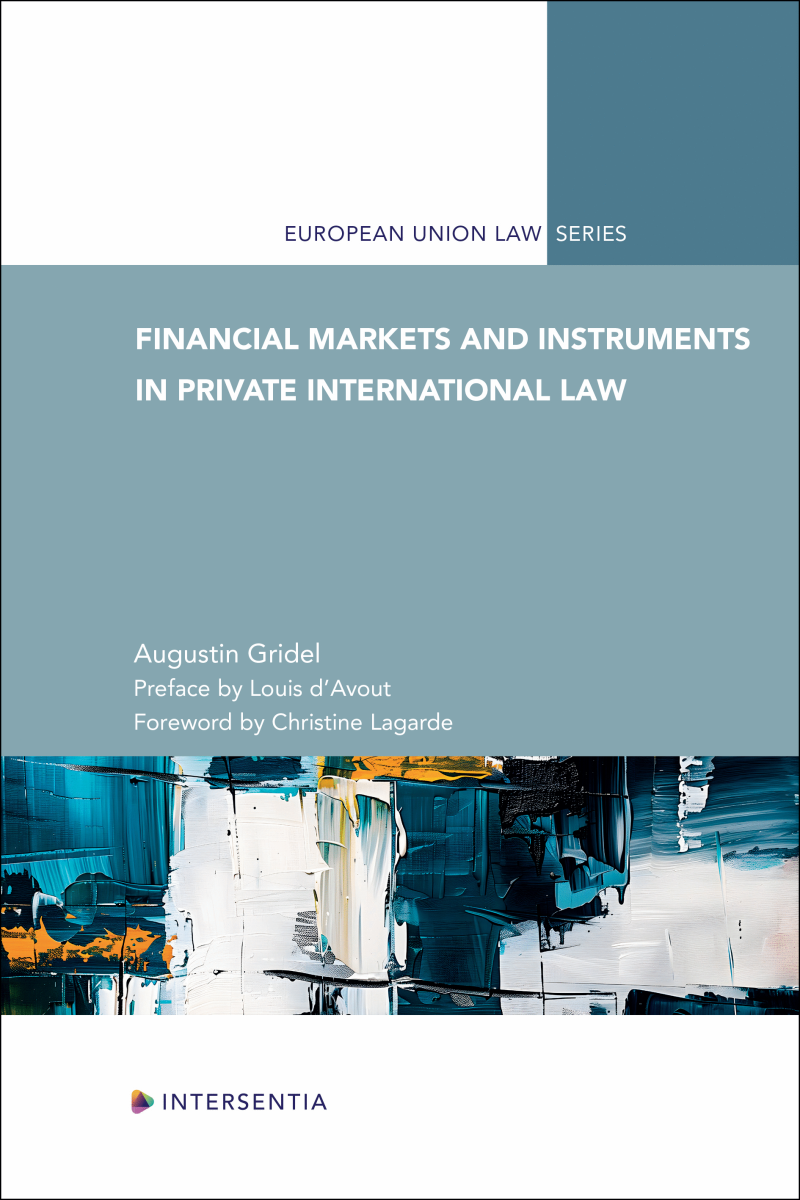Views
Cross-Border Litigation and Comity of Courts: A Landmark Judgment from the Delhi High Court
Written by Tarasha Gupta, student, Jindal Global Law School, Sonipat (India) and Saloni Khanderia, Professor, Jindal Global Law School
In its recent judgment in Shiju Jacob Varghese v. Tower Vision Limited,[1] the Delhi High Court (“HC”) held that an appeal before an Indian civil court was infructuous due to a consent order passed by the Tel Aviv District Court in a matter arising out of the same cause of action. The Court deemed the suit before Indian courts an attempt to re-litigate the same cause of action, thus an abuse of process violative of the principle of comity of courts.
In doing so, the Court appears to have clarified confusions arising in light of the explanation to Section 10 of the Civil Procedure Code, 1908 (“CPC”), on one side, and parties’ right to choice of court agreements and forum non conveniens on the other. The result is that, as per the Delhi HC, Indian courts now ought to stay proceedings before them if the same cause of action has already been litigated before foreign courts.
New rules for extra-territorial jurisdiction in Western Australia
The rules regarding service outside the jurisdiction are about to change for the Supreme Court of Western Australia.
In a March notice to practitioners, the Chief Justice informed the profession that the Supreme Court Amendment Rules 2024 (WA) (Amendment Rules) were published on the WA legislation website on 26 March 2024.
The Amendment Rules amend the Rules of the Supreme Court 1971 (WA) (RSC). The primary change is the replacement of the current RSC Order 10 (Service outside the jurisdiction) while amending other relevant rules, including some within Order 11 (Service of foreign process) and Order 11A (Service under the Hague Convention).
The combined effect of the changes is to align the Court’s approach to that which has been applicable in the other State Supreme Courts for some years.
The changes will take effect on 9 April 2024. Read more
International tech litigation reaches the next level: collective actions against TikTok and Google
Written by Xandra Kramer (Erasmus University Rotterdam/Utrecht University) & Eduardo Silva de Freitas (Erasmus University Rotterdam), members of the Vici project Affordable Access to Justice, financed by the Dutch Research Council (NWO), www.euciviljustice.eu.
Introduction
We have reported on the Dutch WAMCA procedure for collective actions in a number of previous blogposts. This collective action procedure was introduced on 1 January 2020, enabling claims for damages, and has since resulted in a stream of (interim) judgments addressing different aspects in the preliminary stages of the procedure. This includes questions on the admissibility and funding requirements, some of which are also of importance as examples for the rolling out of the Representative Action Directive for consumers in other Member States. It also poses very interesting questions of private international law, as in particular the collective actions for damages against tech giants are usually international cases. We refer in particular to earlier blogposts on international jurisdiction in the privacy case against TikTok and the referral to the CJEU regarding international jurisdiction under the Brussels I-bis Regulation in the competition case against Apple.
News
Reciprocity in the Recognition and Enforcement of Foreign Judgments: Two Recent Contributions
Reciprocity in the field of recognition and enforcement of foreign judgments has long been a subject of passionate debate. While some scholars question its desirability, others firmly defend it as a legitimate legal requirement. What remains undeniable is that the topic continues to spark intense discussion and scholarly interest.
A clear illustration of this ongoing debate is provided by two recent publications addressing the issue from different perspectives and jurisdictions.
The first is an enlightening open-access article by Eszter PAPP and Nobumichi TERAMURA, titled “Enforcing Singapore Judgments in Cambodia: Reciprocity Under the Loupe“. The paper explores the practical and legal challenges related to the enforcement of Singaporean money judgments in Cambodia, with a specific focus on the requirement of reciprocity. Read more
Out Now: Gridel, Financial Markets and Instruments in Private International Law. A European and French Perspective A European and French Perspective
The multiple-award-winning book by Augustin Gridel (Université de Lorraine), Marchés et instruments financiers en droit international privé (Bruylant 2023), has just been published in English under the title Financial Markets and Instruments in Private International Law. A European and French Perspective. It features a preface by Louis D’Avout and a foreword by Christine Lagarde.
Report of the Oxford Conference on “Characterisation in the Conflict of Laws”

The author of this report is Meltem Ece Oba (Koç University, Istanbul). The post is being published simultaneously on Conflictoflaws.net and on the EAPIL blog.
On 20-21 March 2025, a conference on “Characterisation in the Conflict of Laws” was convened at St Hilda’s College, Oxford. Under the auspices of the Institute of European and Comparative Law in the Law Faculty of the University of Oxford, the conference was jointly organised by Dr Johannes Ungerer (University of Oxford and Notre Dame University in England), Dr Caterina Benini (Catholic University of Sacred Heart, Milan) and PD Dr Felix Berner (University of Tübingen). The conference brought together scholars and practitioners from several jurisdictions around the world.


